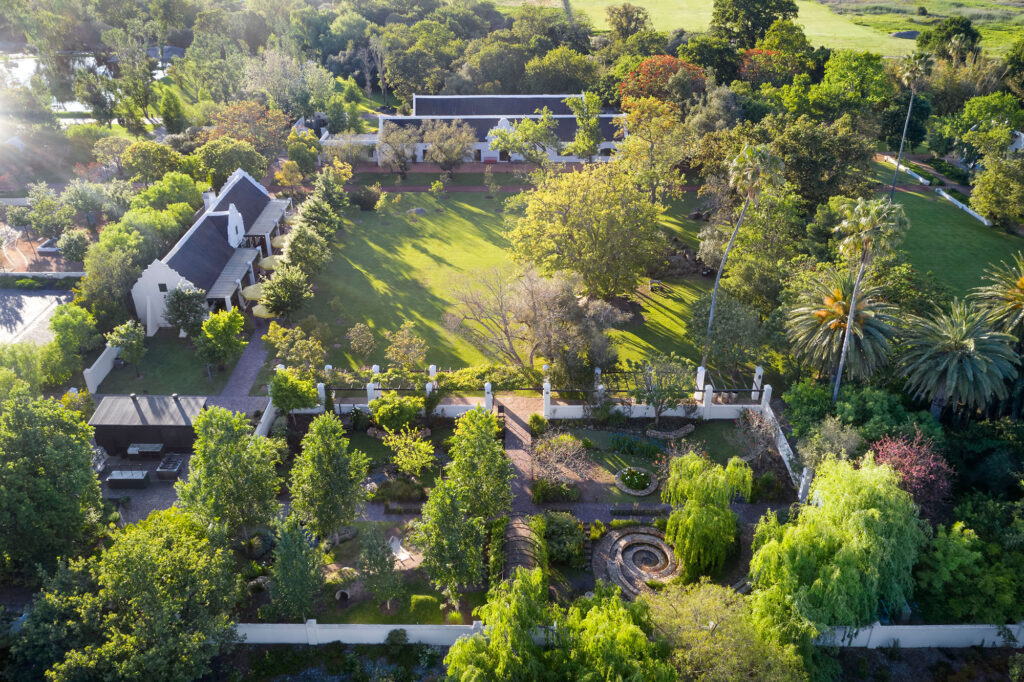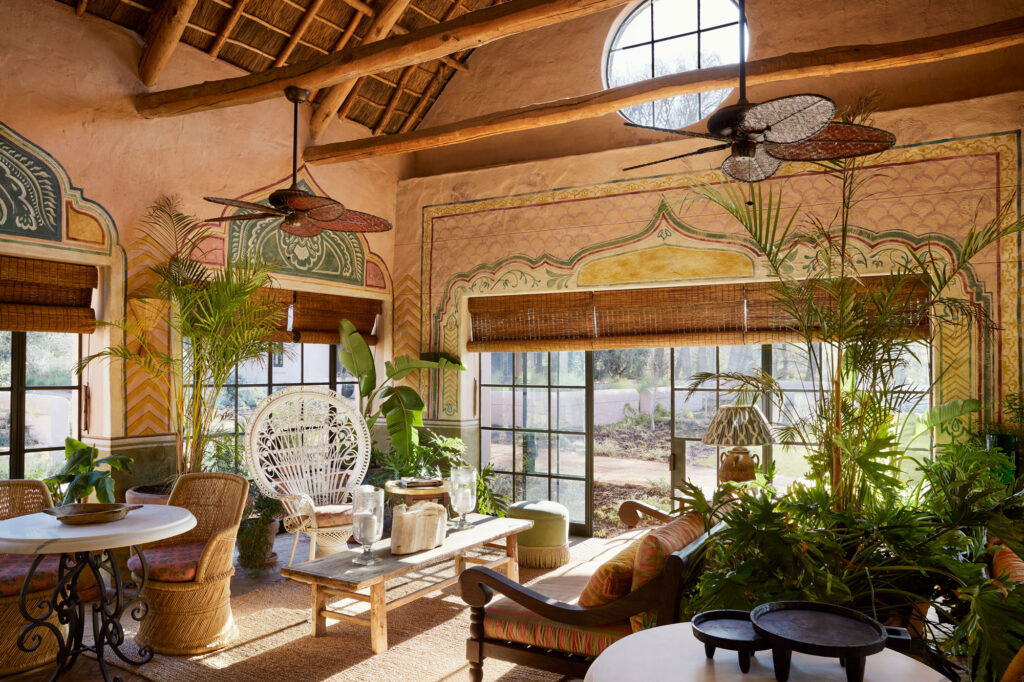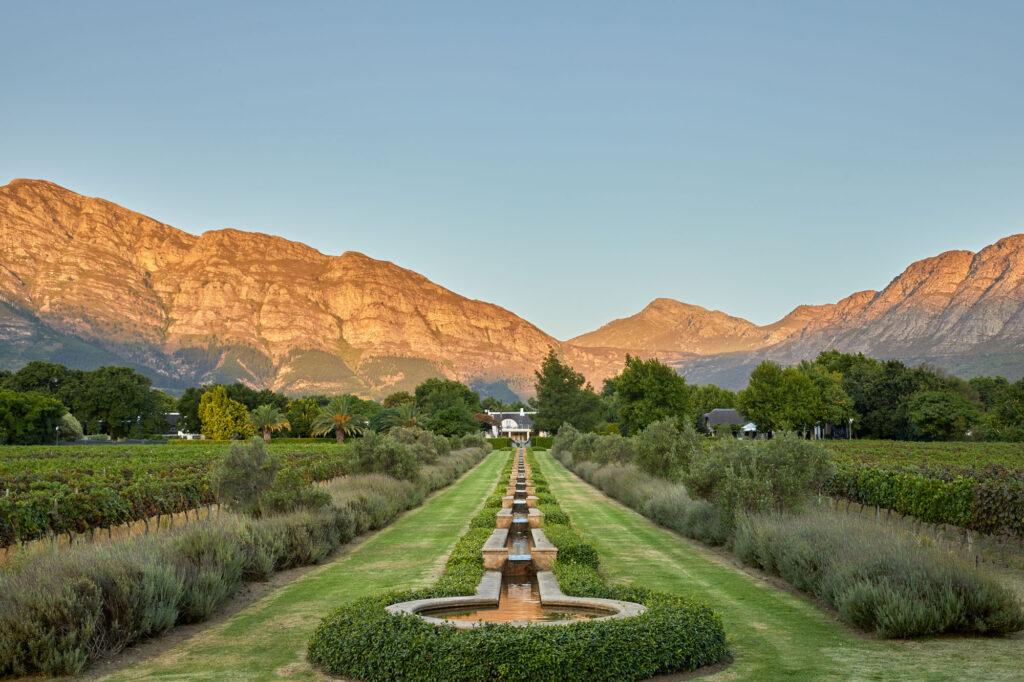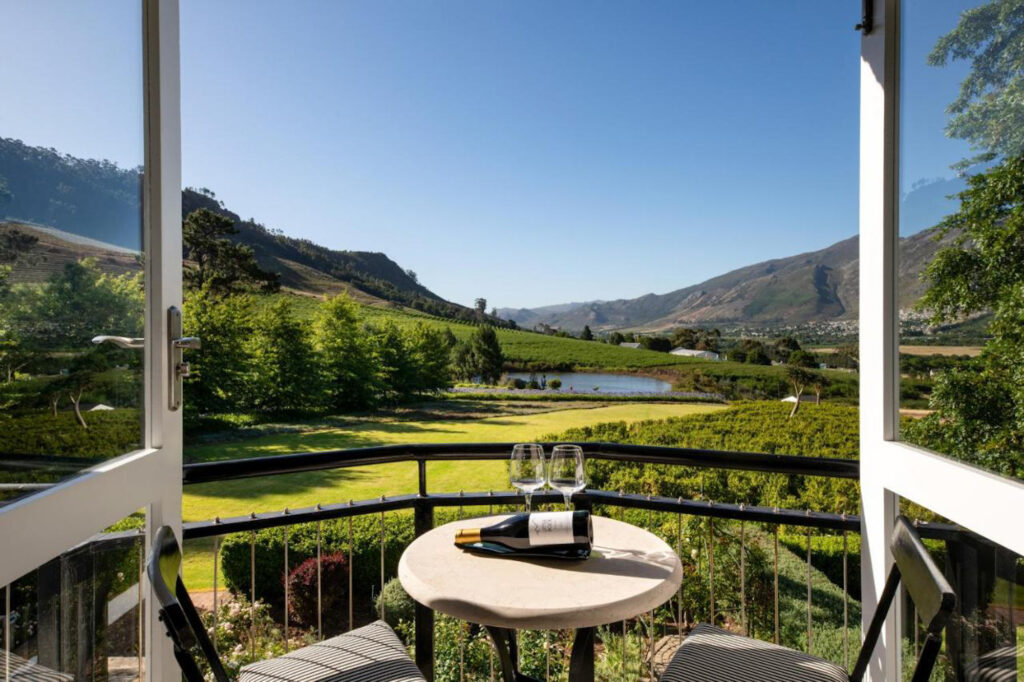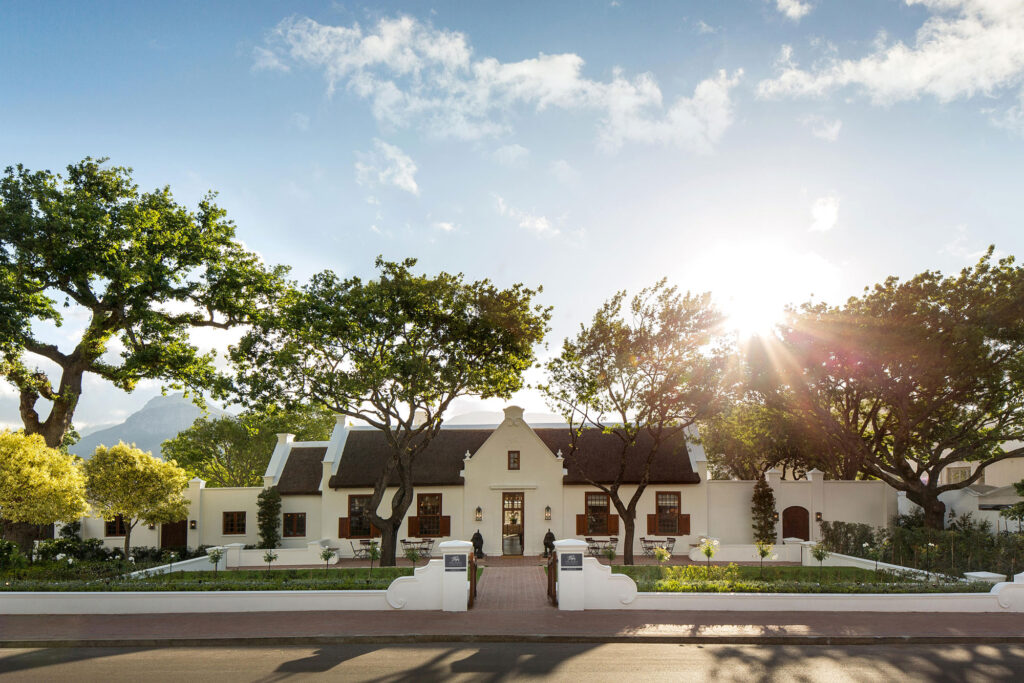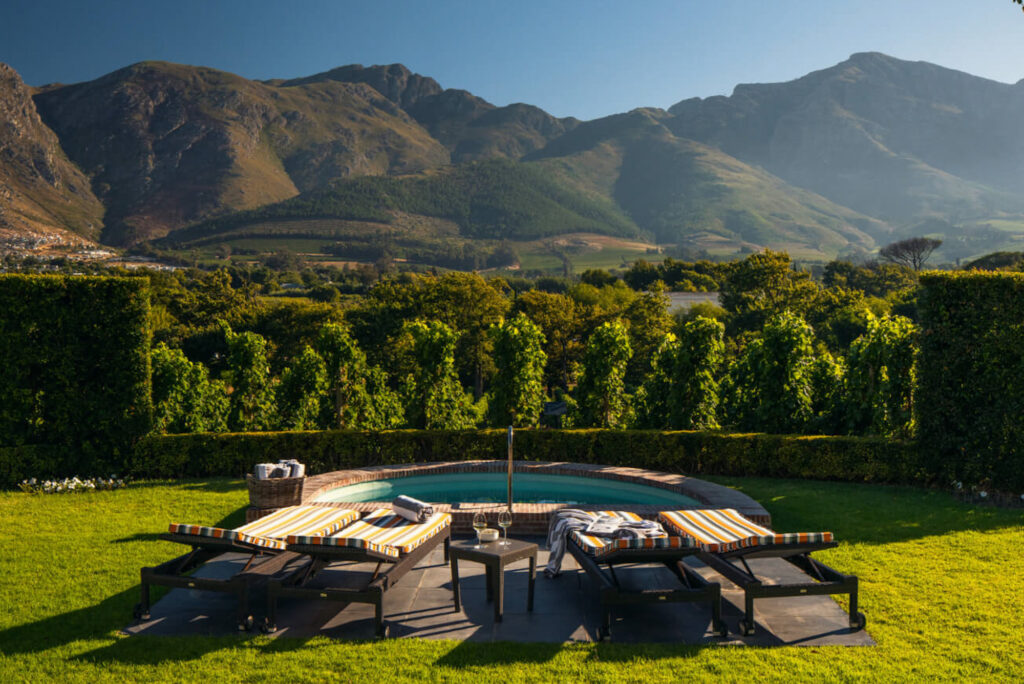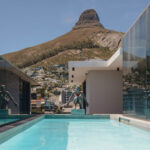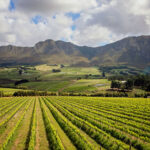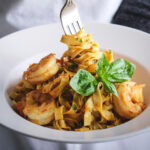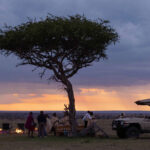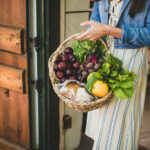
Franschhoek, South Africa
48 hours in Franschhoek, South Africa
Southern Africa • Insider guides • 48 h in Franschhoek, South Africa
Where to stay, eat and play in Franschhoek
Franschhoek might be small, but this pocket of the Cape Winelands punches way above its weight when it comes to food, wine and scenery. Located between dramatic mountain ranges in South Africa’s Western Cape province, Franschhoek has long been a weekend favourite for Capetonians – and for good reason. In just 48 hours, you can eat like royalty, drink world-class wines straight from the source and still have time to explore landmarks and art galleries, hike through indigenous scenery or hop on a wine tram (yes, that’s a thing). So if you’ve only got a weekend to spare, don’t worry – we’ve got the best way to spend it. Let’s break down exactly how to do 48 hours in Franschhoek without wasting a single bite, sip or view.
Day 01
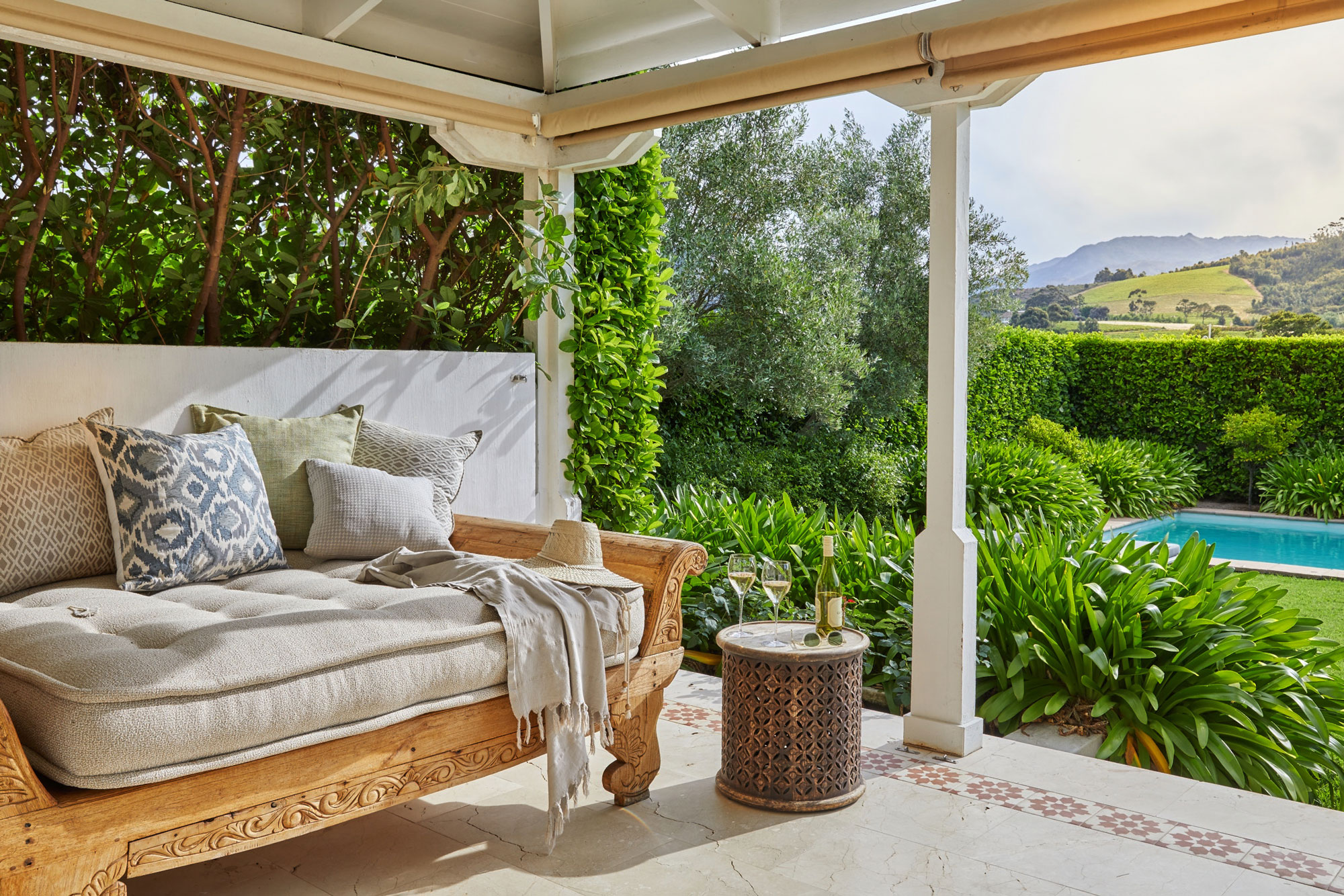
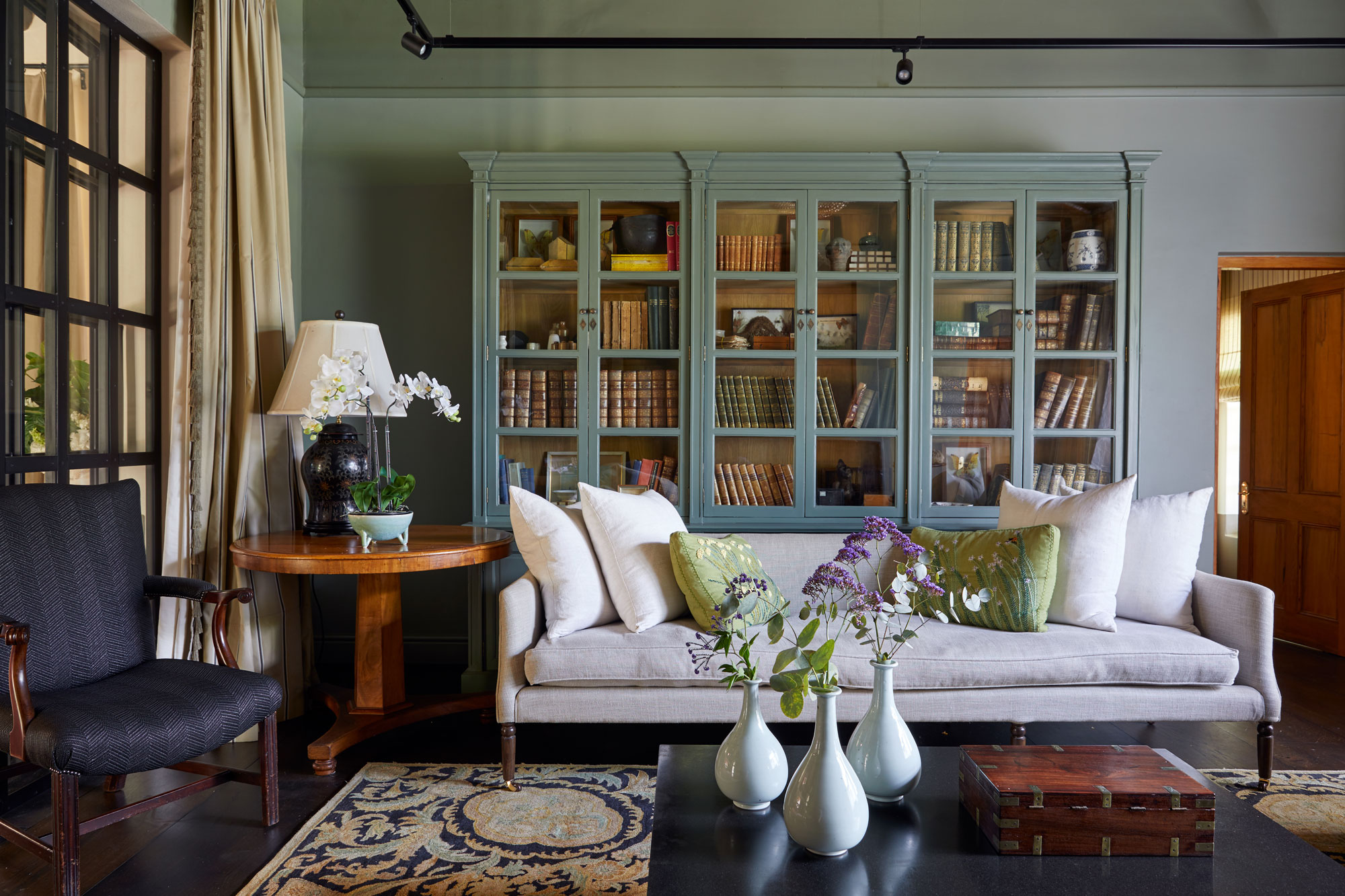
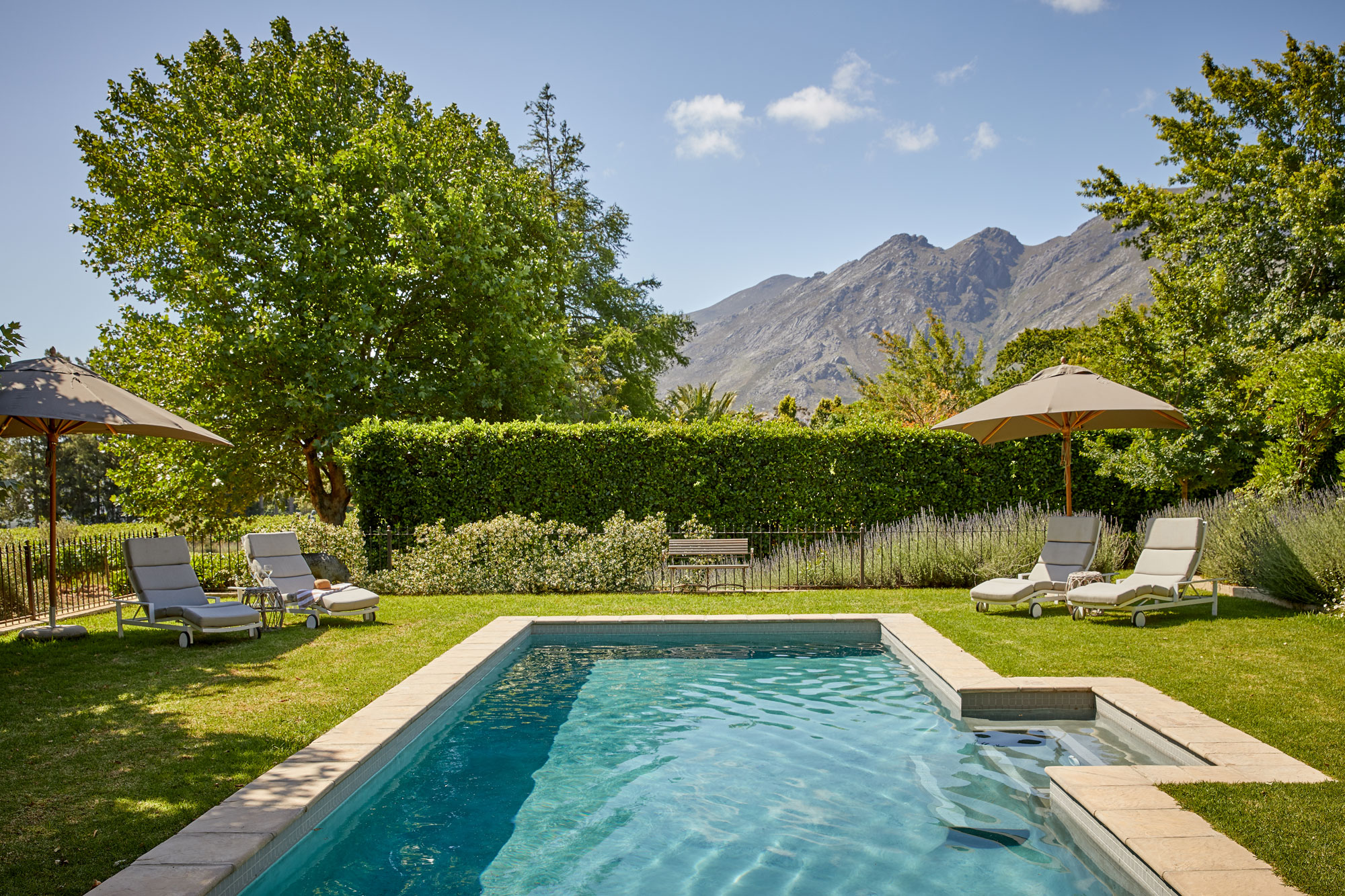
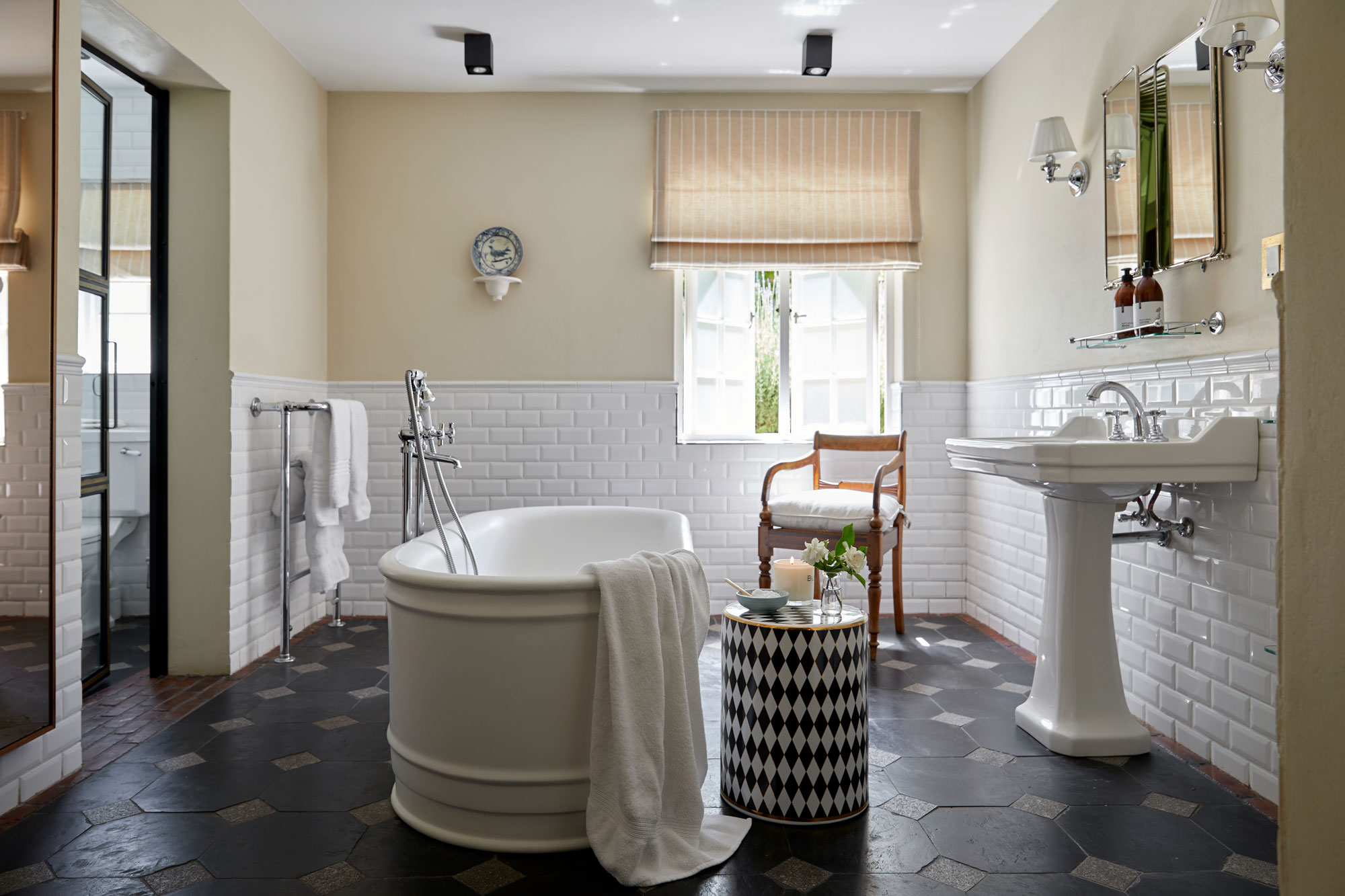
15.00
Check-in time
A stay at La Clé feels less like checking into a hotel and more like slipping into the rhythm of a Franschhoek home. This collection of stylish private villas and rooms is spread out across a working wine and plum farm just a short walk from Franschhoek’s main street. The interiors reflect modern South African aesthetics with French-inspired elegance, with open fireplaces, curated art and bold textures. What do we love most about La Clé? The quiet luxury. There’s a sense that you’re being hosted, not just accommodated. The villas come with private pools, full kitchens and large verandas made for long, lazy afternoons. If you’re staying in one of the rooms at La Clé Lodge, breakfast is served at a communal farmhouse table – a gentle nudge to slow down and connect.
Read the full article on La Clé.
La Clé
32 Cabriere St
Franschhoek
South Africa
Affiliate link (what is it?)
Photography courtesy of La Clé
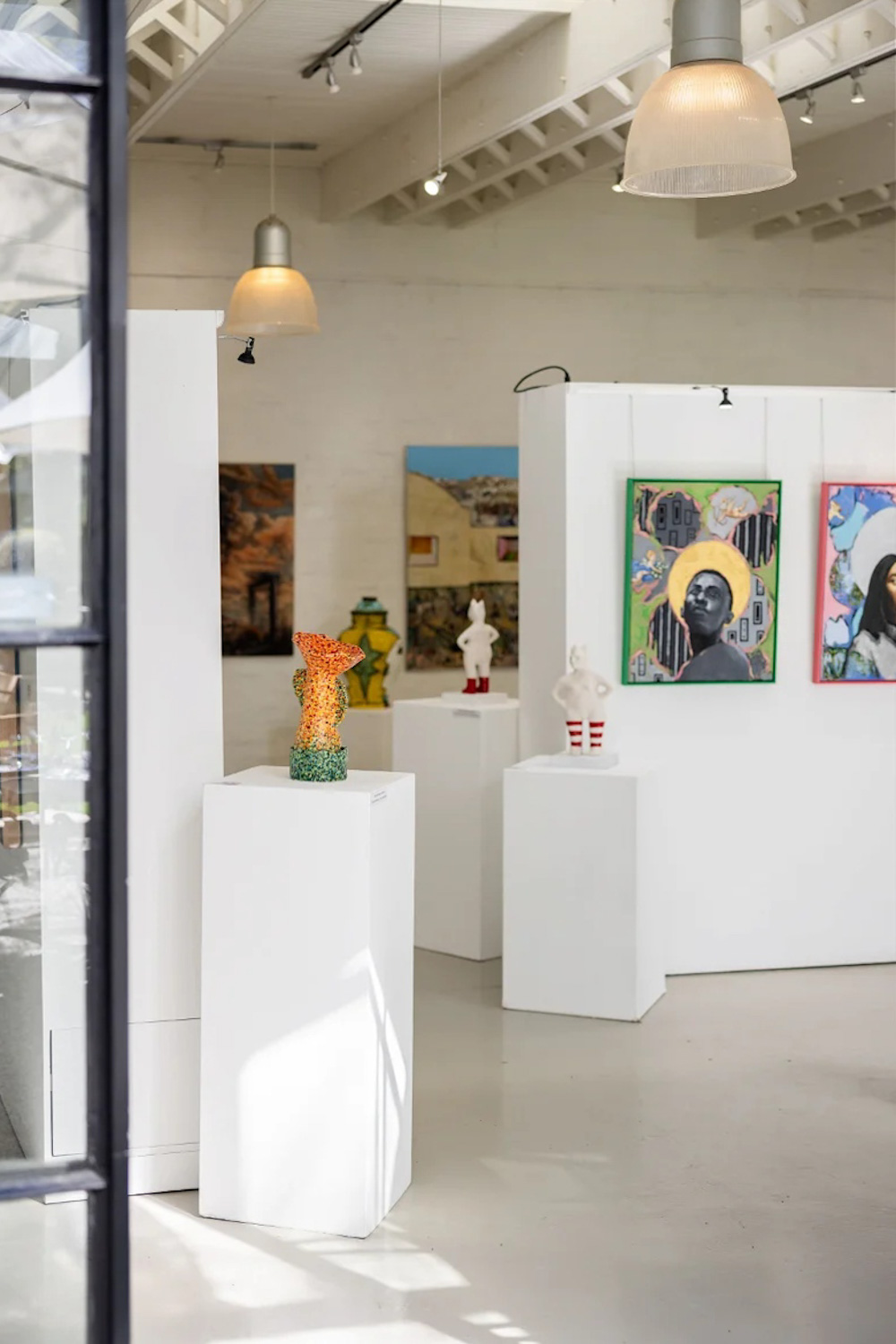
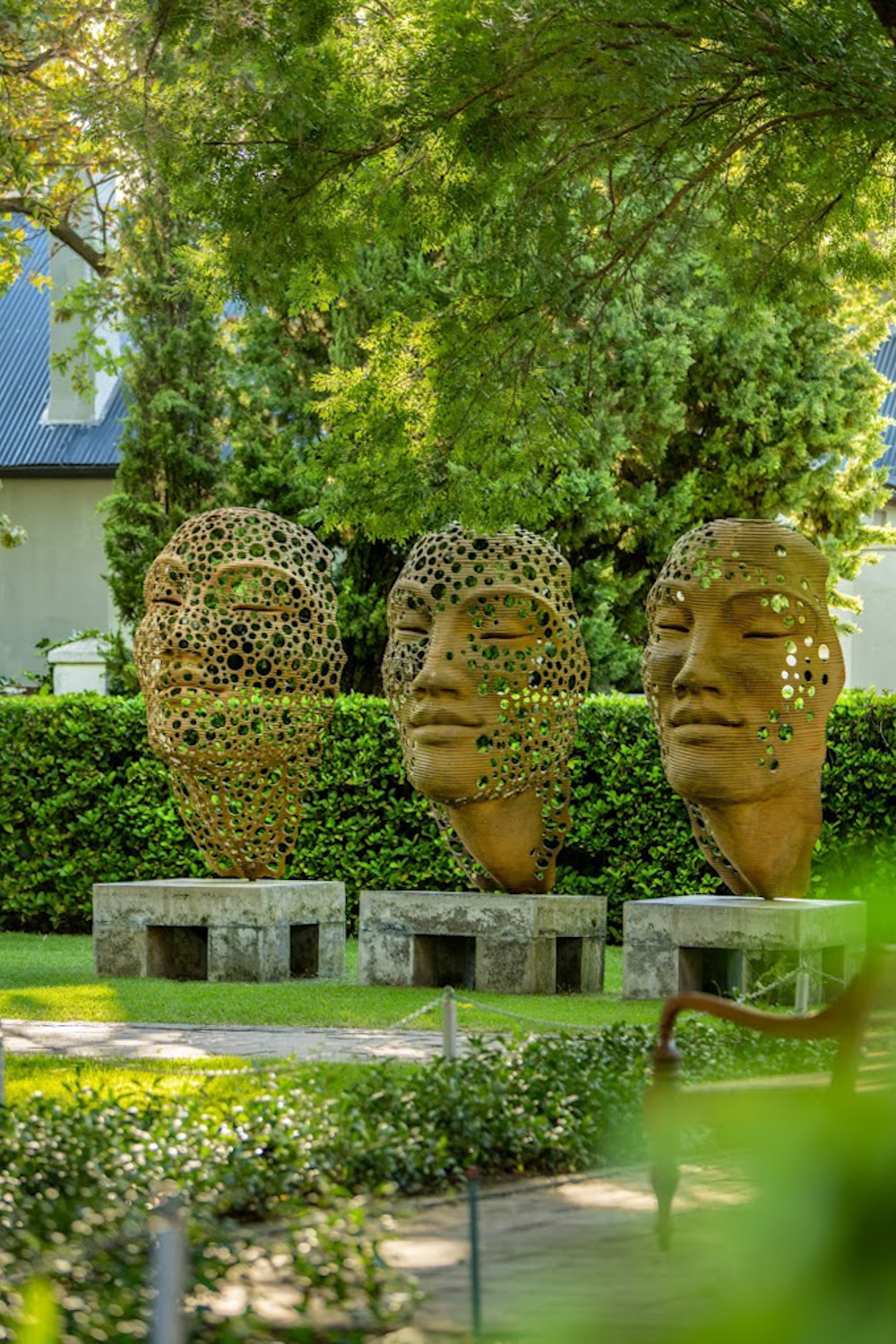
16.00
Discover Franschhoek’s art scene
Even if you’re not the art gallery type, Grande Provence’s art space is worth stepping into. The Gallery at Grande Provence sits on the historic Grande Provence Heritage Wine Estate, a property with roots stretching back over three centuries. Designed as a light‑filled pavilion, the gallery specialises in contemporary South African art, with floor‑to‑ceiling windows framing vineyard views that feel like a living painting. This art space is run by gallery manager Jean‑Marié Olivier, formerly of Agapanthus in Kalk Bay, alongside curator Pieter Lategan. Their combined expertise ensures each exhibition tells a cohesive story of South Africa’s artistic landscape. If you’ve got time, pop into the adjacent sculpture garden, dotted with large-scale works and surrounded by manicured hedges and vineyards in every direction.
The Gallery at Grande Provence
Grande Provence
Main Rd
Franschhoek
South Africa
Photography courtesy of The Gallery at Grande Provence
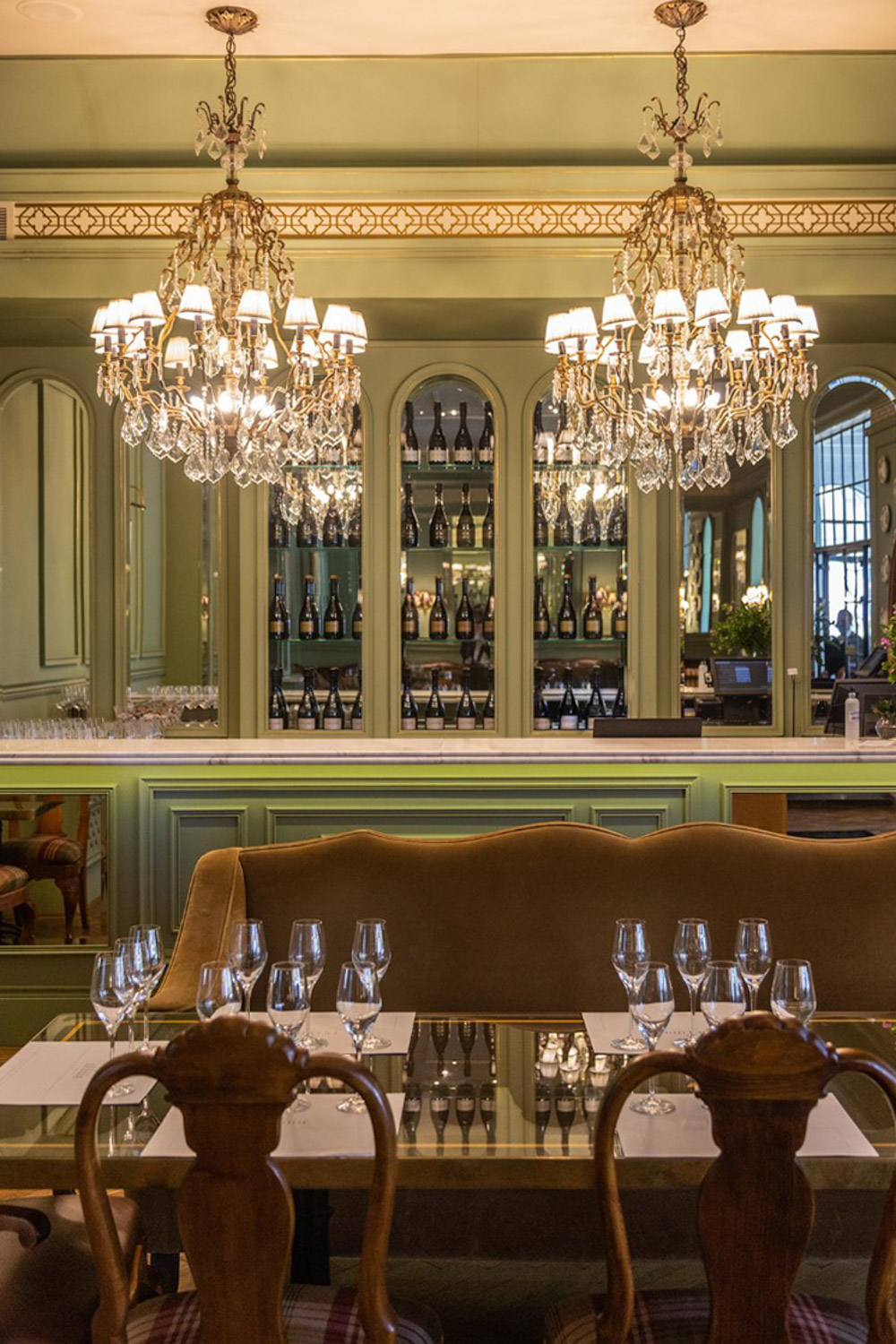
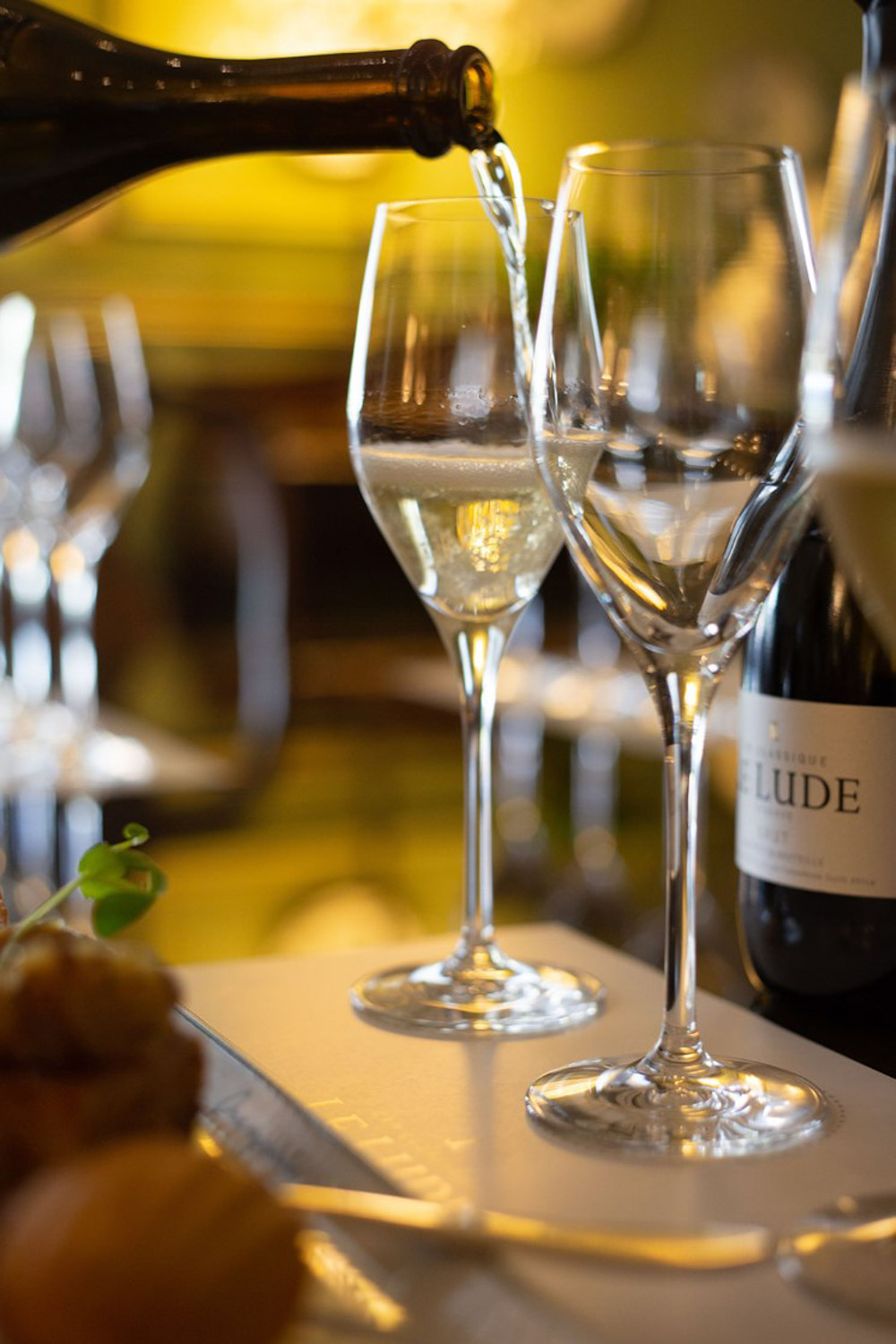
17.30
Time for some bubbles
Le Lude Estate, set on the edge of town, is one of the few wineries in Franschhoek dedicated solely to bottle‑fermented sparkling wines – Cap Classique. The estate’s tasting room can be found in the restored French‑chateau–style building, complete with lush lawns and views of the lily pond house, where water lilies drift lazily at the edge of the terrace. The setting is stunning, but the bubbles will blow you away. Le Lude was the first cellar in the country to make agrafe-style Cap Classique (a rare traditional cork-fermented style) and they do it beautifully. You can try a flight of their Brut and Brut Rosé, both crisp and well-balanced or go full celebration mode with a glass of their flagship cuvée, the Madame Millésimé 2015.
Le Lude
Bowling Green Avenue
Lambrechts Rd
Franschhoek
South Africa
Photography courtesy of Le Lude
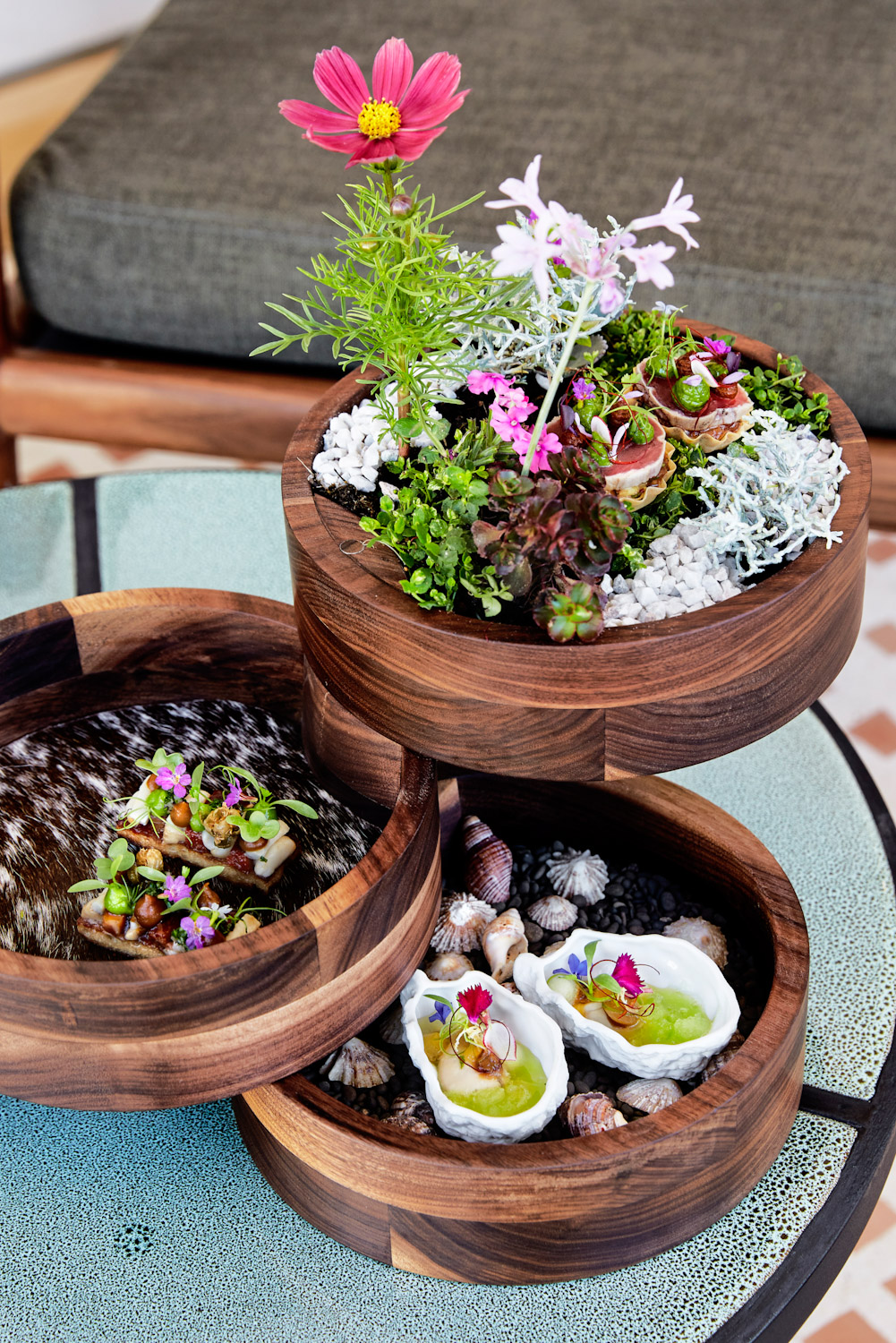
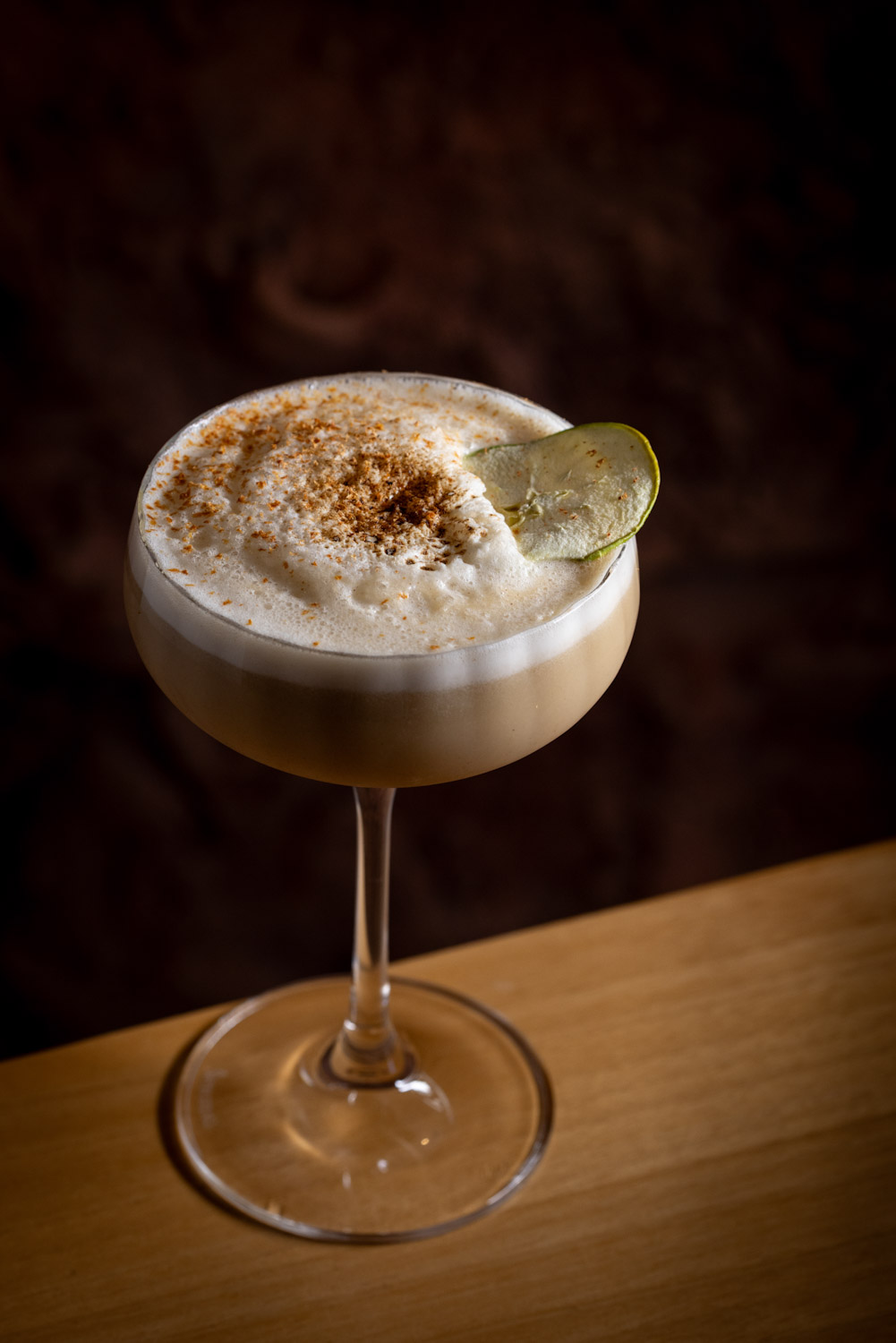
19.00
Fine-dining at it’s best
La Petite Colombe is the Franschhoek sister of Cape Town’s La Colombe, founded by Scot Kirton (Eat Out Chef of the Year 2015) and head chef James Gaag. Housed within Leeu Estates, the dining room showcases Cape Dutch architecture, decorated with modern minimalism design – white walls, dark timber beams and soft, ambient lighting that keeps the focus on the food. La Petite Colombe’s tasting menus focus on seasonal produce, some highlights include Karoo lamb with Cape Malay spices, a line fish crudo accented by foraged fynbos and a cheese course celebrating artisanal flavours from across the Western Cape. A nice touch that we love is the sweets trolley, a sweet end to an unforgettable meal. Also worth mentioning are the exceptional cocktails – the best in town.
La Petite Colombe
Leeu Estates
Dassenberg Rd
Franschhoek
South Africa
Photography courtesy of La Petite Colombe
Day 02
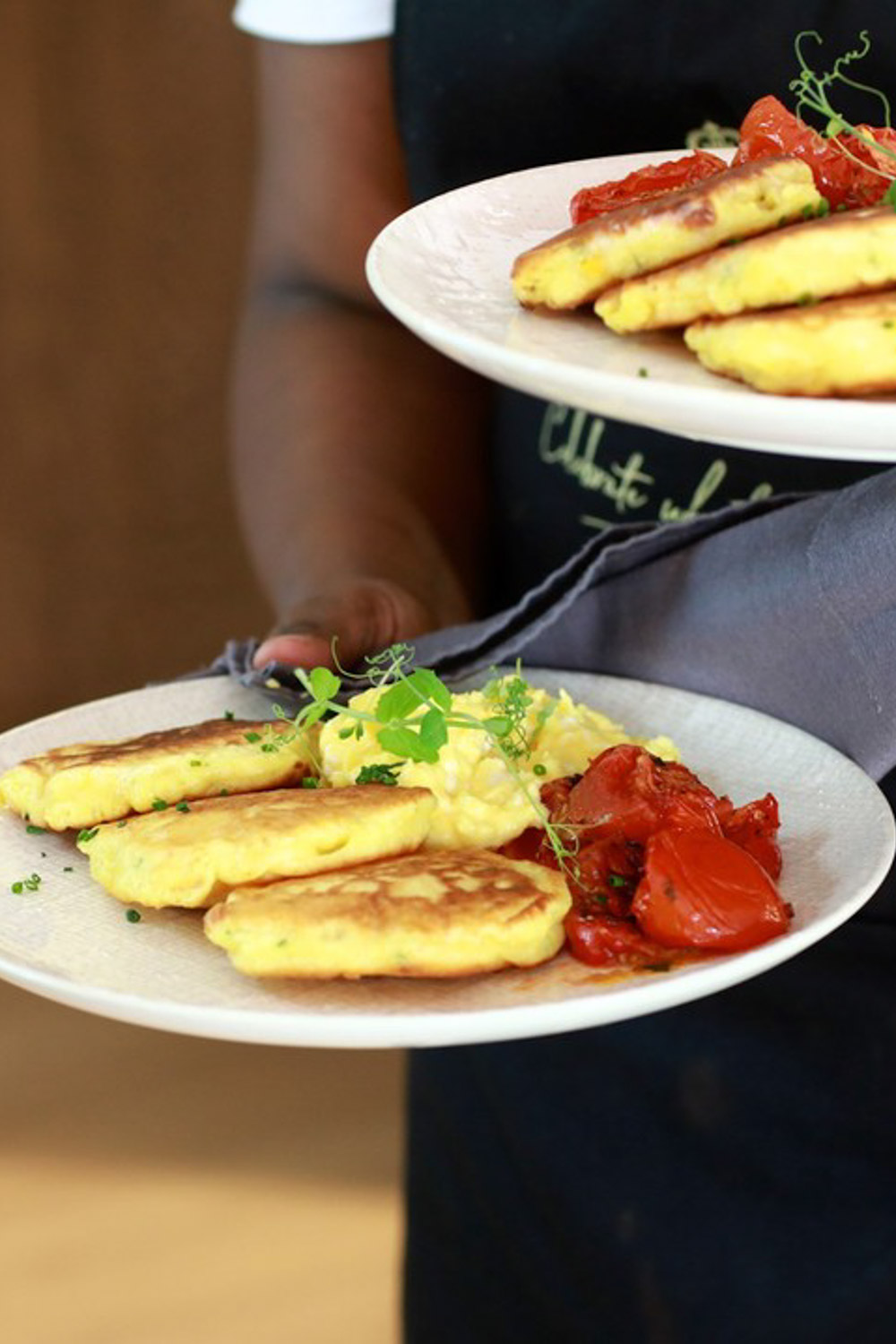
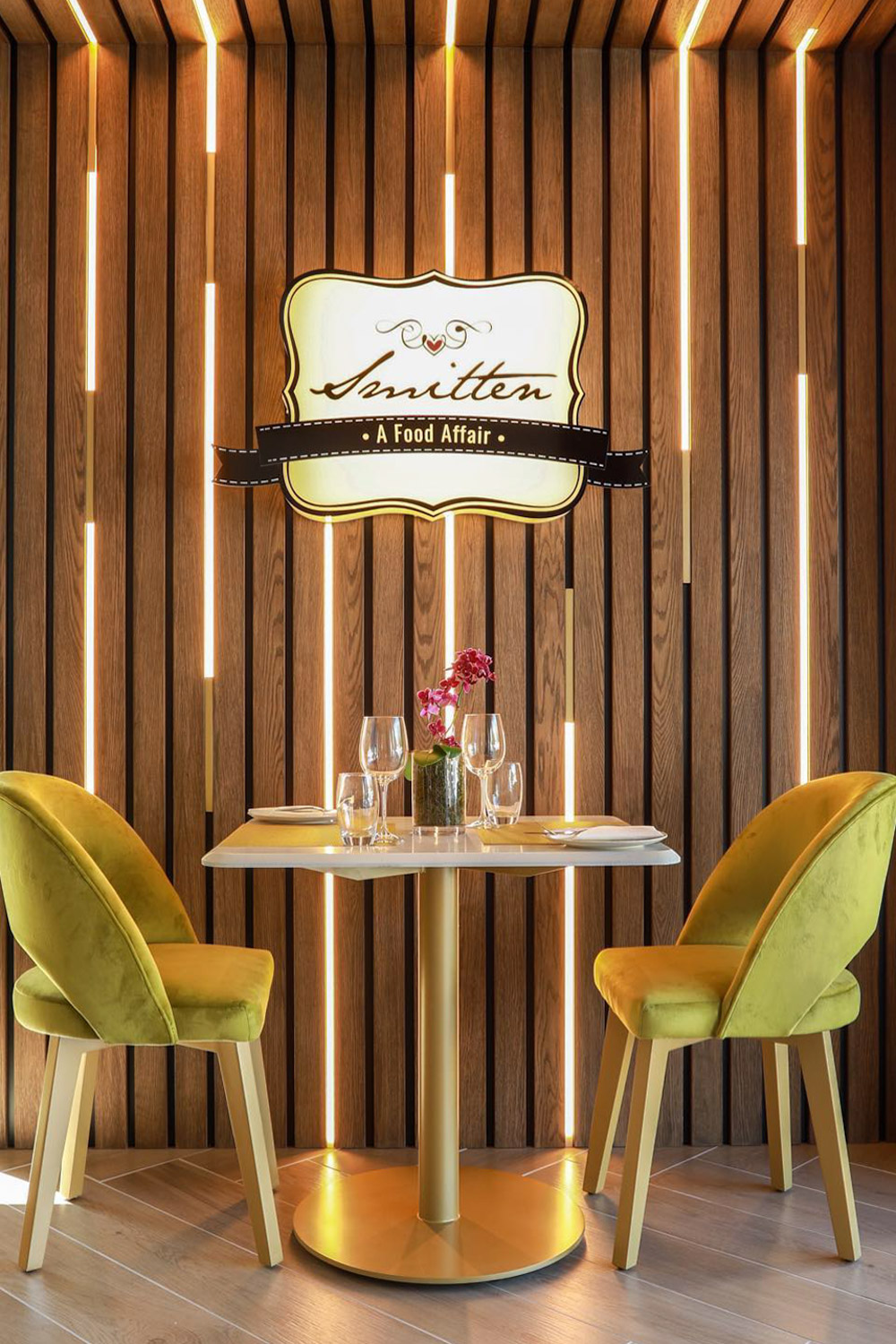
09.00
Grab breakfast at Smitten Café
Smitten Café, found in The Yard on Huguenot Street, is a collaboration between tv anchor Imraan Vagar and chef Chris Smit that fills a long‑overdue niche for casual, high‑value dining in Franschhoek. The space combines a deli, bakery, café and bar around a central courtyard, offering an unpretentiously elegant setting. For breakfast, the breakfast bun is a must – a house‑made brioche loaded with cheesy scrambled eggs. The Eggs Royale is just as good, a fresh take on eggs Benedict with silky hollandaise. Be sure to pair your breakfast with a cortado made from their single-origin beans roasted on-site – it will kickstart your day in the right way. Smitten also has a small pantry section stocked with local produce, house-made granola and freshly baked lemon pound cake – ideal if you want to take a little piece of the experience home with you.
Smitten Café
The Yard Centre
38 Huguenot St
Franschhoek
South Africa
Photography courtesy of Smitten Café
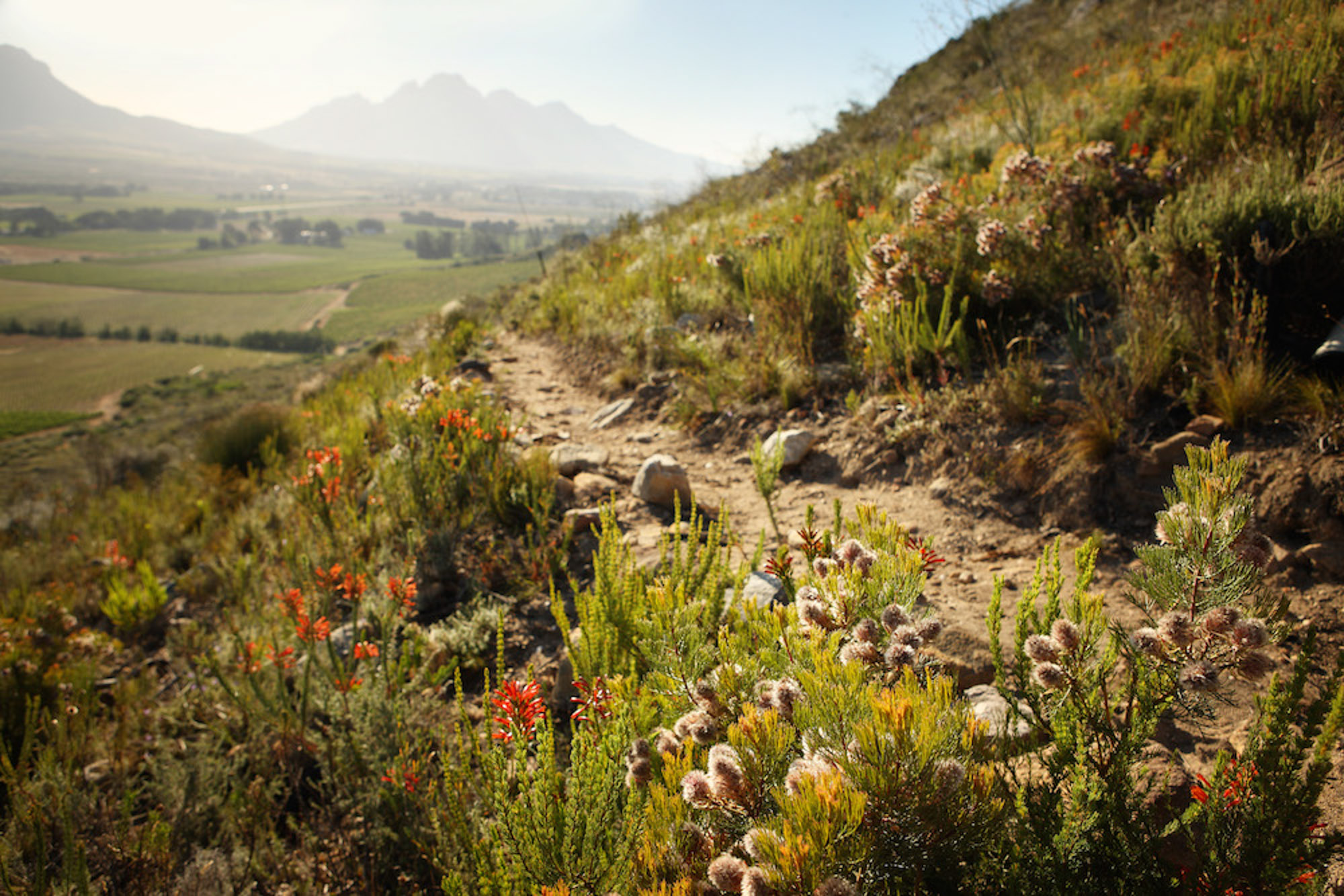
11.00
A breath of fresh air
After a lot of sitting and sipping, a hike is surprisingly welcome – and La Motte’s 5 kilometre circular trail is a great way to stretch the legs without committing to full-on cardio. The La Motte Hiking Trail begins at the estate’s tasting room and loops through vineyards, fynbos and mountain slopes. Along the way, interpretive signs point out indigenous plants, a protea garden and even an old wine press dating back to the 18th century. It’s a self-guided route and you’ll need to register at the tasting room first, but it’s free and easy to access. Along the way, you’ll see how La Motte integrates conservation into its winemaking – large parts of the property are protected natural habitats. The air is crisp, the path is quiet and for a solid hour, you forget how many glasses of bubbly you had the night before. That’s a win.
La Motte Hiking Trail
La Motte Wine Farm
R45
Franschhoek
South Africa
Photography courtesy of La Motte
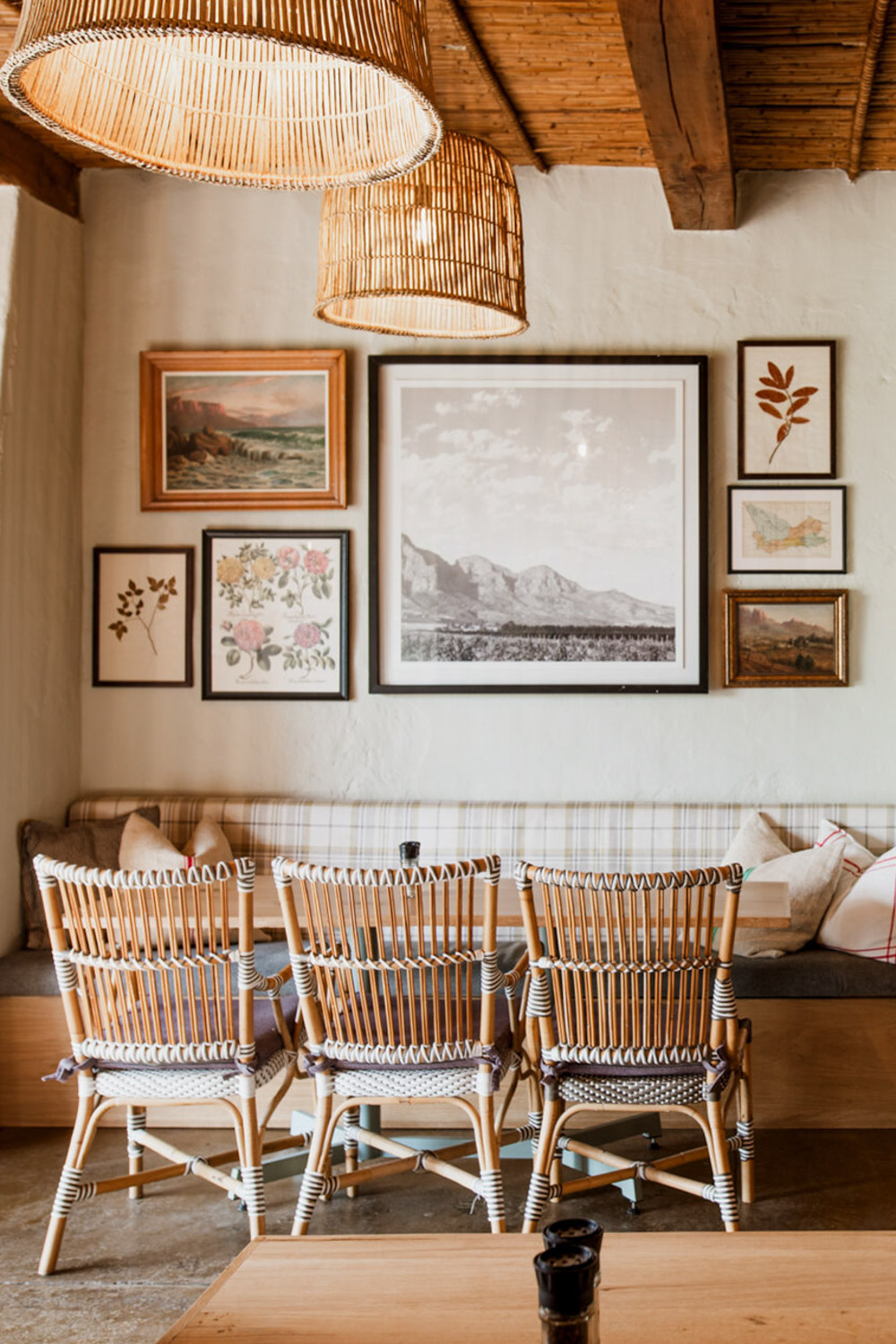
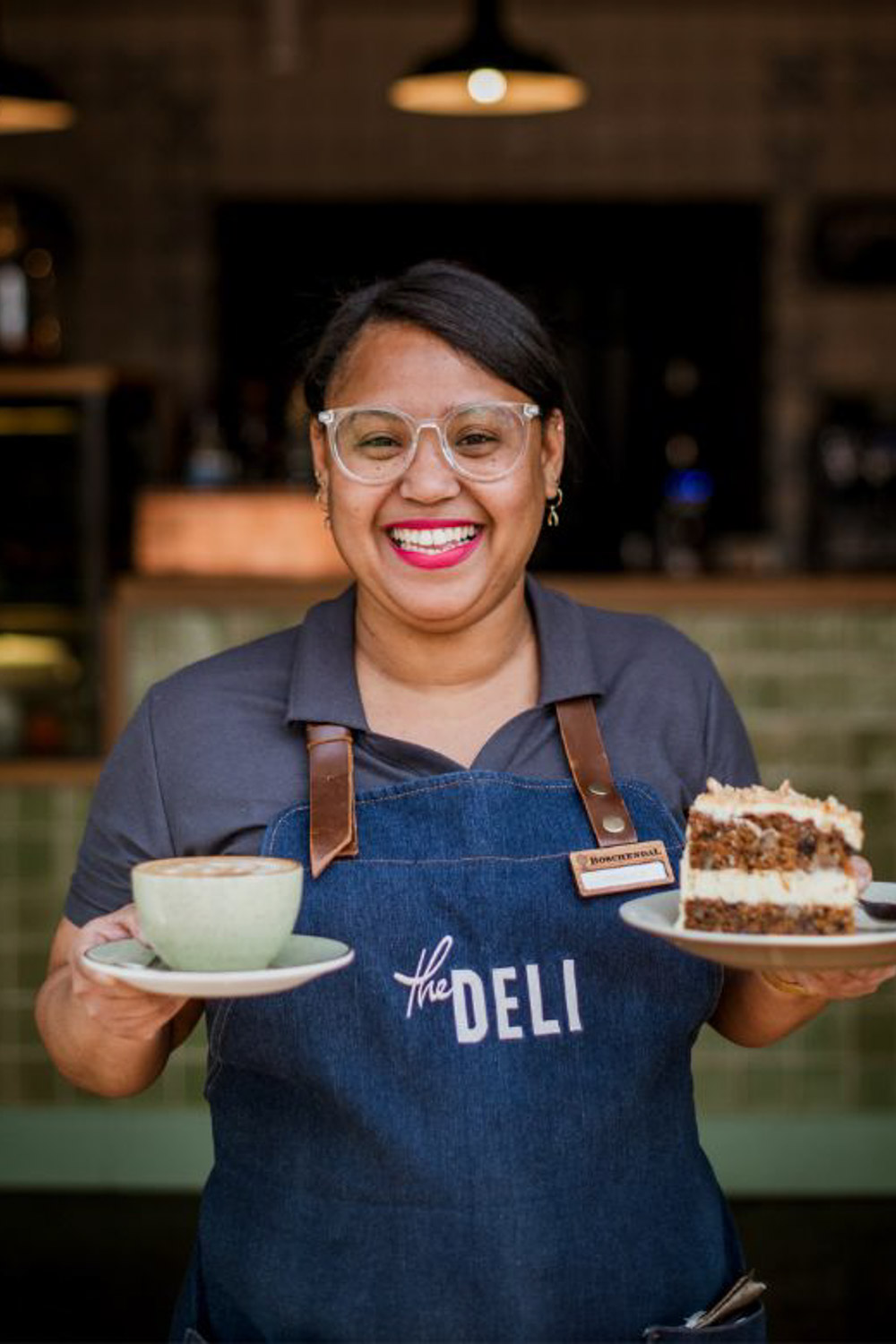
13.00
Enjoy a lazy lunch at Boschendal
Under the shade of centuries‑old oak trees at Boschendal, The Deli Restaurant offers the perfect spot for a long, lazy lunch. There are communal tables set on sun‑dappled lawns if you prefer to dine outside and enjoy the scenery. Inside, it’s all warm wood, open shelves and that casual barn-meets-bistro energy. The focus is on seasonal, farm-grown ingredients – much of the produce comes straight from Boschendal’s regenerative gardens, which are worth a walk-through if you have time. For lunch, share a pasta salad or a beetroot‑quinoa bowl before indulging in a grass‑fed beef burger served on a farm‑baked bun with coleslaw and homemade mayo. There’s also a farm shop attached, stocked with everything from fresh-baked sourdough to grass-fed meats and house-made preserves.
The Deli Restaurant at Boschendal
Boschendal Farm
R310
Franschhoek
South Africa
Photography courtesy of The Deli Restaurant at Boschendal
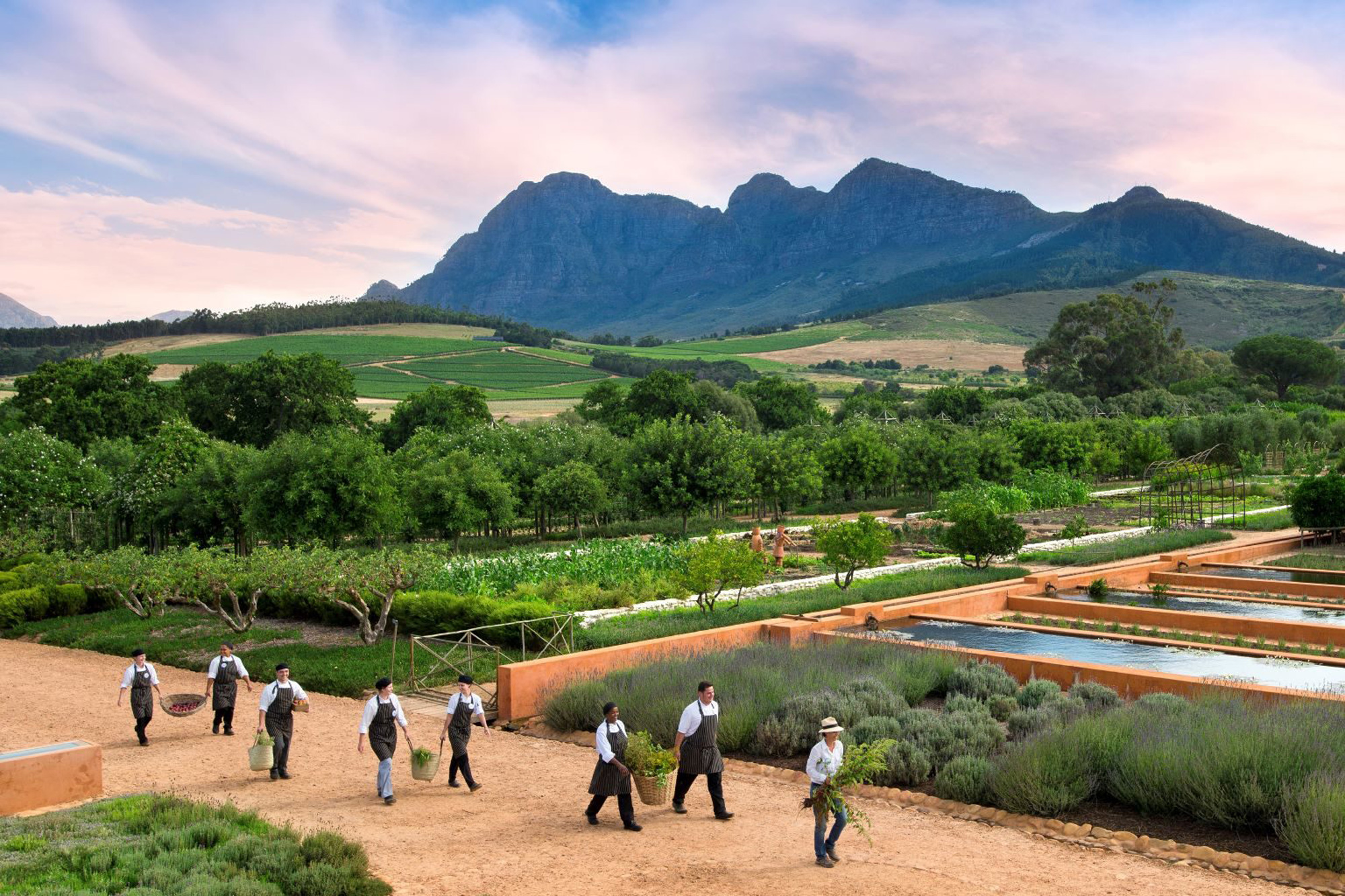
15.00
Explore Babylonstoren
Babylonstoren is a must-visit on any South African itinerary. Babylonstoren, established in 1692, is anchored by a 3.5‑hectare kitchen garden designed in 2007 by French architect Patrice Taravella. Inspired by the Company’s Garden and the mythological Hanging Gardens, its 15 geometric clusters contain over 300 edible and medicinal plant varieties. Start with a stroll through the gardens, alongside chickens and donkeys and explore the prickly pear maze. There’s also a wine cellar, a bakery, a cheesery, a spa and several shops filled with house-made olive oils, soaps, teas and infusions. If you’re into slow living or just like beautiful things, this place hits the spot. Babylonstoren isn’t about rushing. It’s about wandering, tasting, smelling and soaking in the pace of a farm that’s been reimagined for the modern world.
Read the full article on Babylonstoren.
Babylonstoren
Klapmuts
Simondium Rd
Simondium
South Africa
Photography courtesy of Babylonstoren
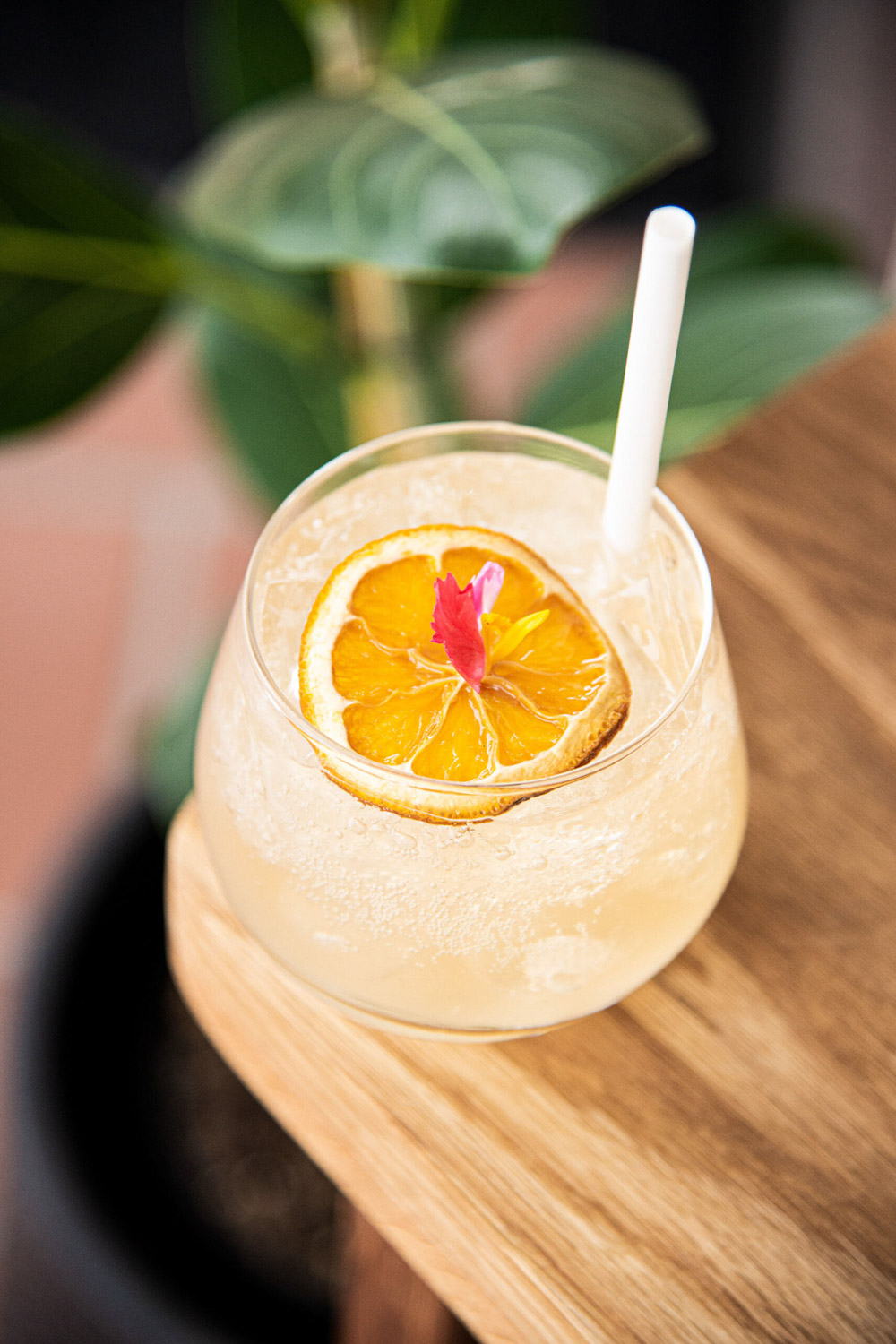
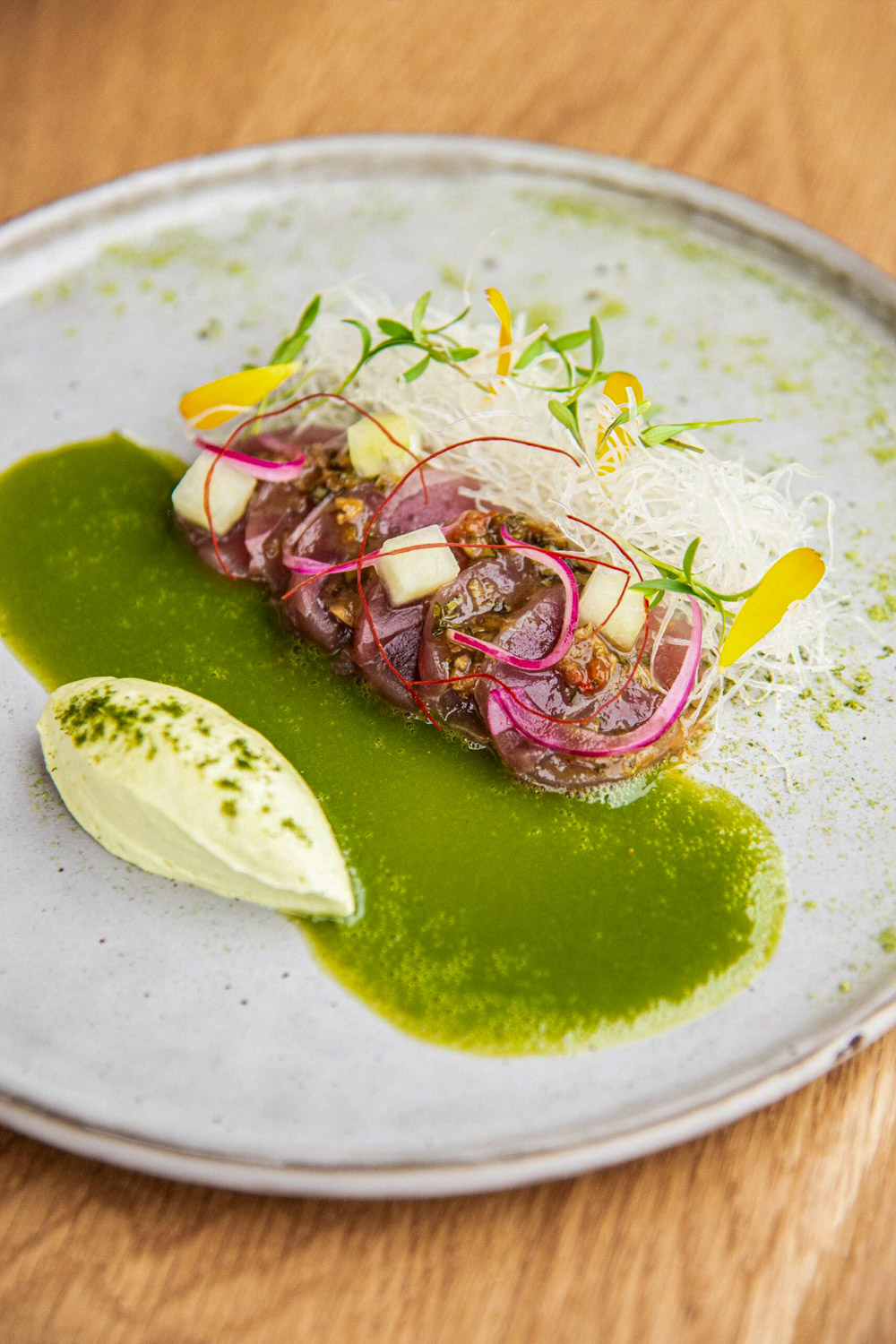
19.00
A feast of flavour and ambition
Eleven is Chef Ryan Shell’s third Franschhoek venture after Ōku and Yama Asian Eatery. Free from culinary borders, the menu transports you on a global journey through two options – a multi‑course tasting menu or a three‑course à la carte selection. Their menu embraces the concept of hyper-seasonality, reflecting 12 distinct seasons of the year. What stands out isn’t just the flavour – it’s the balance between ambition and comfort. The courses are plated with precision, but you’re never left wondering what you just ate. It’s approachable, grounded and quietly exciting. The space is small, intimate and open-plan with an industrial design incorporating elements like wood, exposed brick and burnished copper.
Eleven
11 Huguenot St
Franschhoek
South Africa
Photography courtesy of Eleven
Day 03
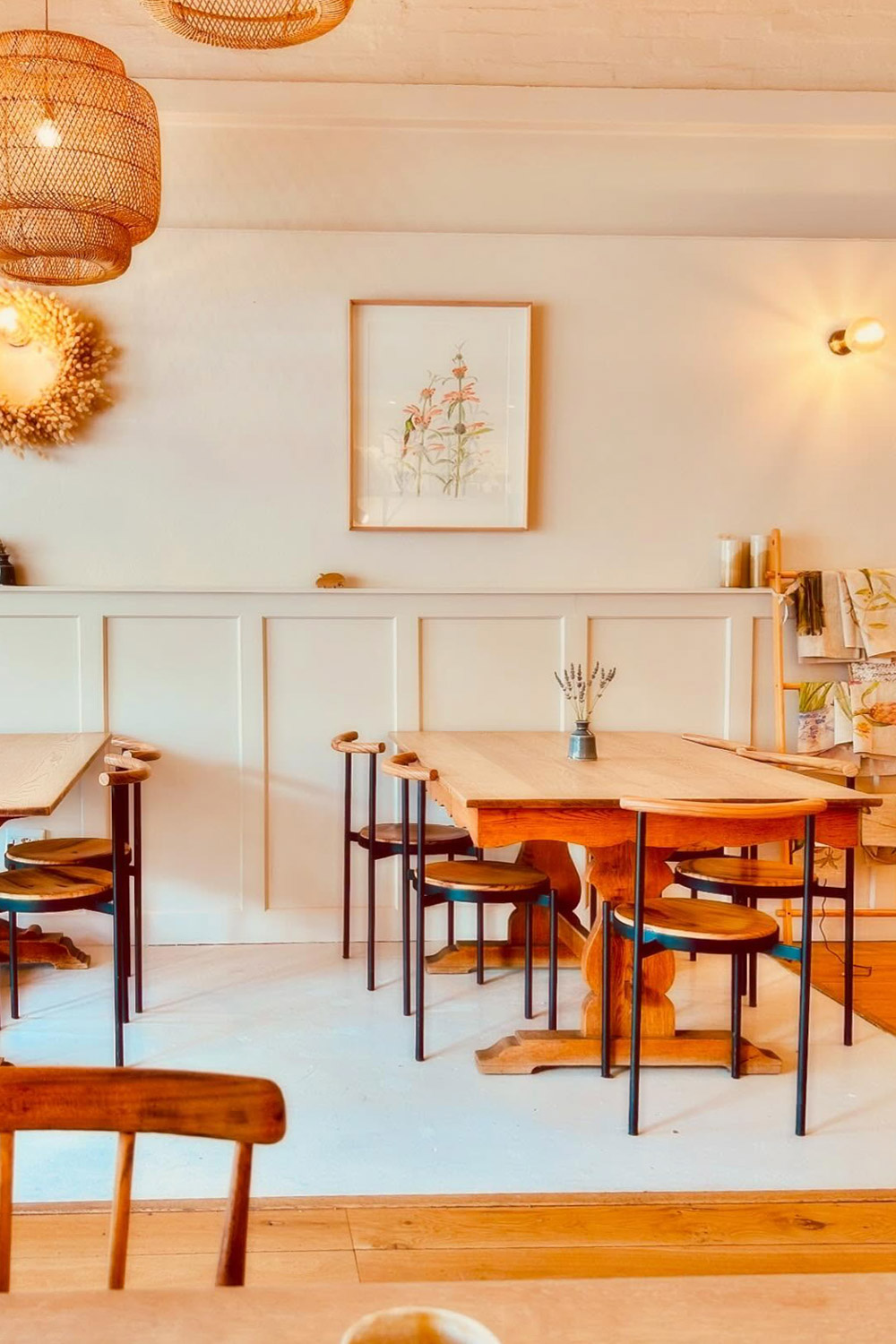
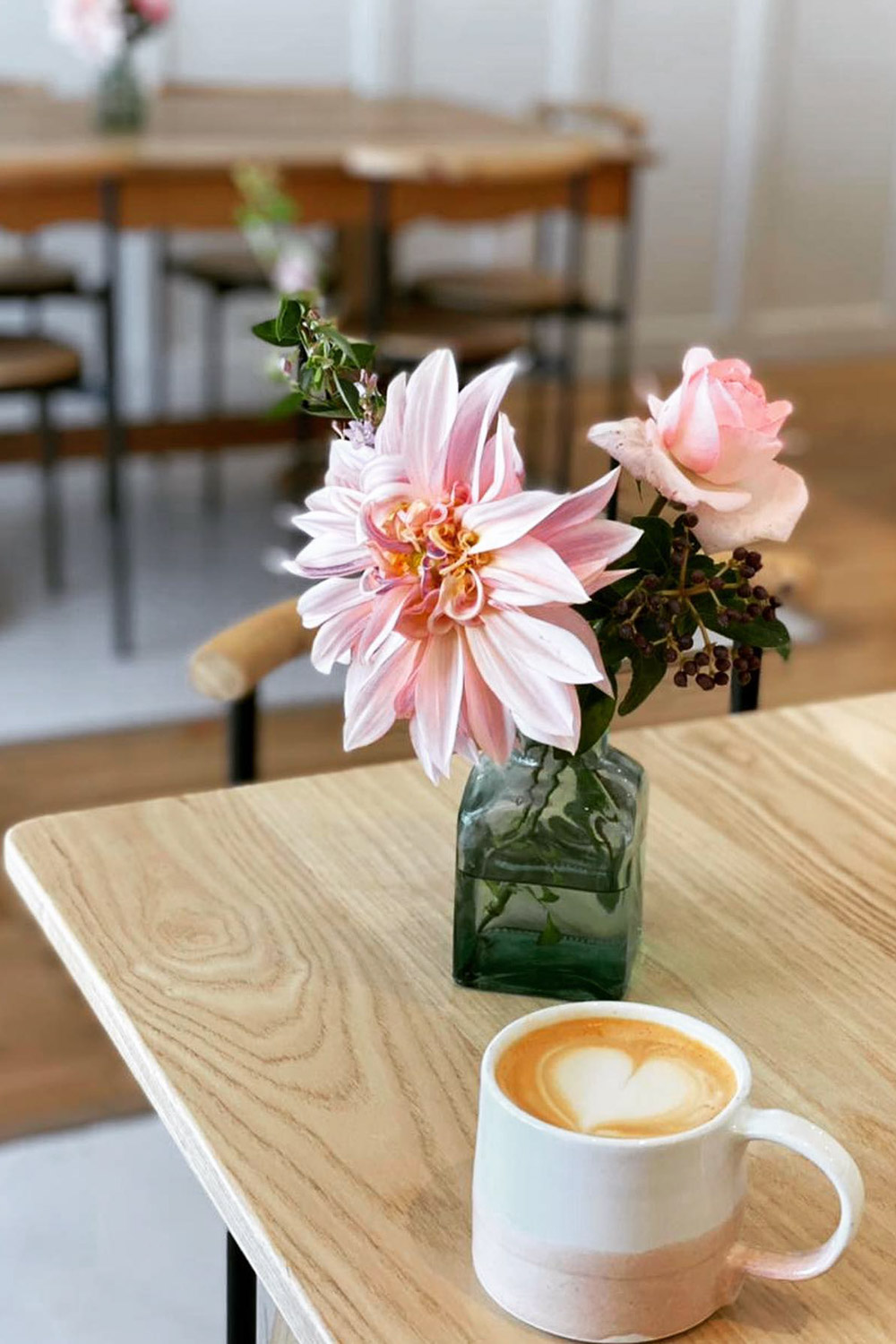
09.00
Get lost in the best possible way
Get Lost Coffee feels like a local secret – the kind of spot you’d miss if you weren’t looking. It’s small, no-frills and focused on the basics done really well – excellent coffee, fresh pastries and a couple of simple breakfast options. You’ll find breakfast classics like scrambled eggs on sourdough, avocado toast with soft eggs and a variety of flaky croissant variations. The coffee here is a winner – single-origin beans roasted in-house that produce a strong but silky flat white. All of this is served in a serene space decorated with local crafts and watched over by the resident dachshund, Pea.
Get Lost Coffee
Shop 1
Franschhoek Square
32 Huguenot St
Franschhoek
South Africa
Photography courtesy of Get Lost coffee
Day 03
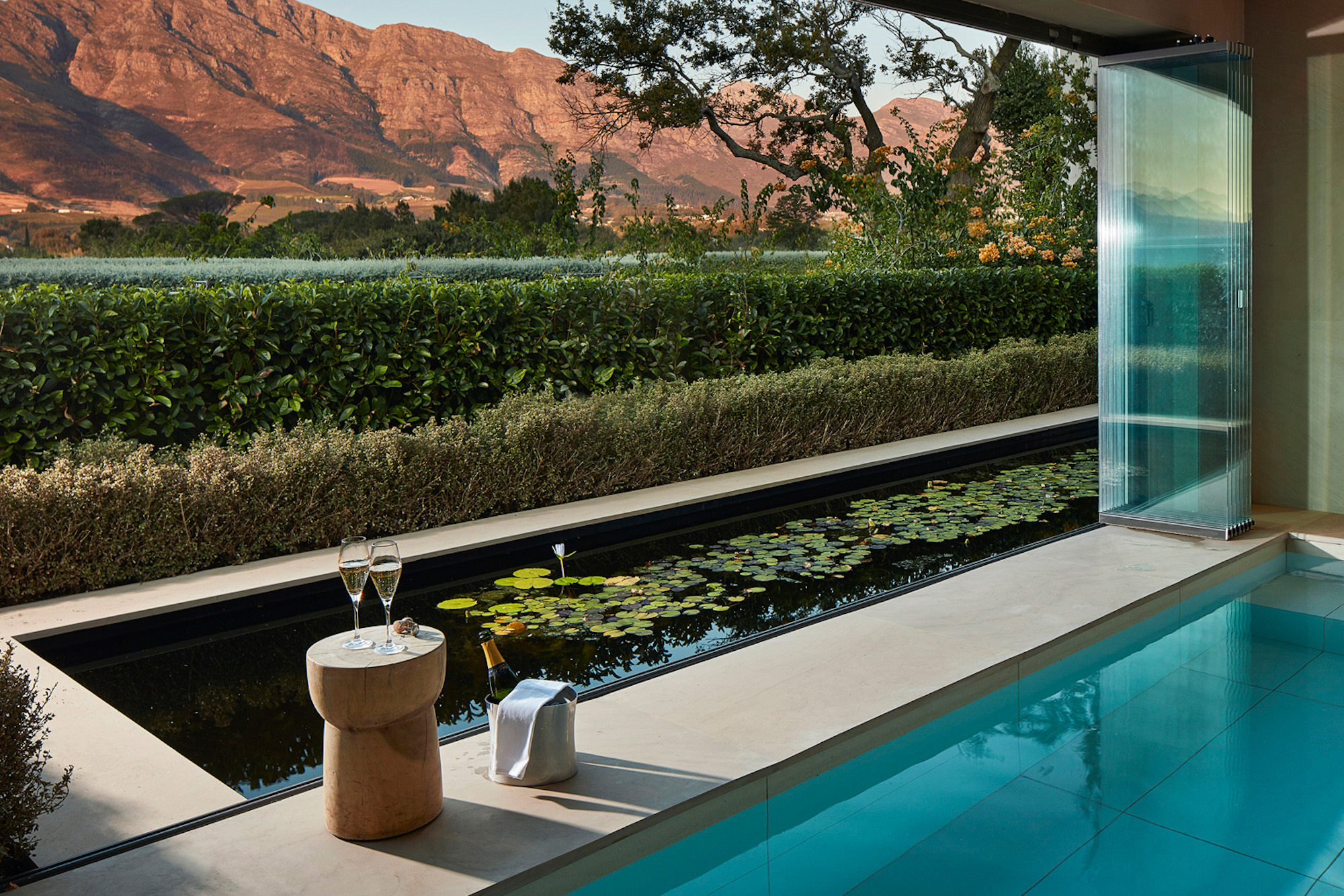
10.00
Relax at Leeu Spa
If you’ve been eating, drinking and walking your way through Franschhoek, Leeu Spa is where you let it all settle. Set amid the vineyards and herb gardens of Leeu Estates, Leeu Spa by Healing Earth offers an immersive wellness escape using pure organic products. The spa harnesses the antioxidant power of Pinotage grape seeds, skins and stems in its vinotherapy treatments, from hydrating facials to full‑body scrubs. Additional amenities include a Himalayan salt‑block steam chamber, tropical rain showers and an indoor heated vitality pool – all designed to nurture both body and soul. Post-treatment, grab a cup of herbal tea and soak in the vineyard views or take a peaceful walk around the estate.
Leeu Spa
Leeu Estates
Dassenberg Rd
Franschhoek
South Africa
Photography courtesy of Leeu Estates
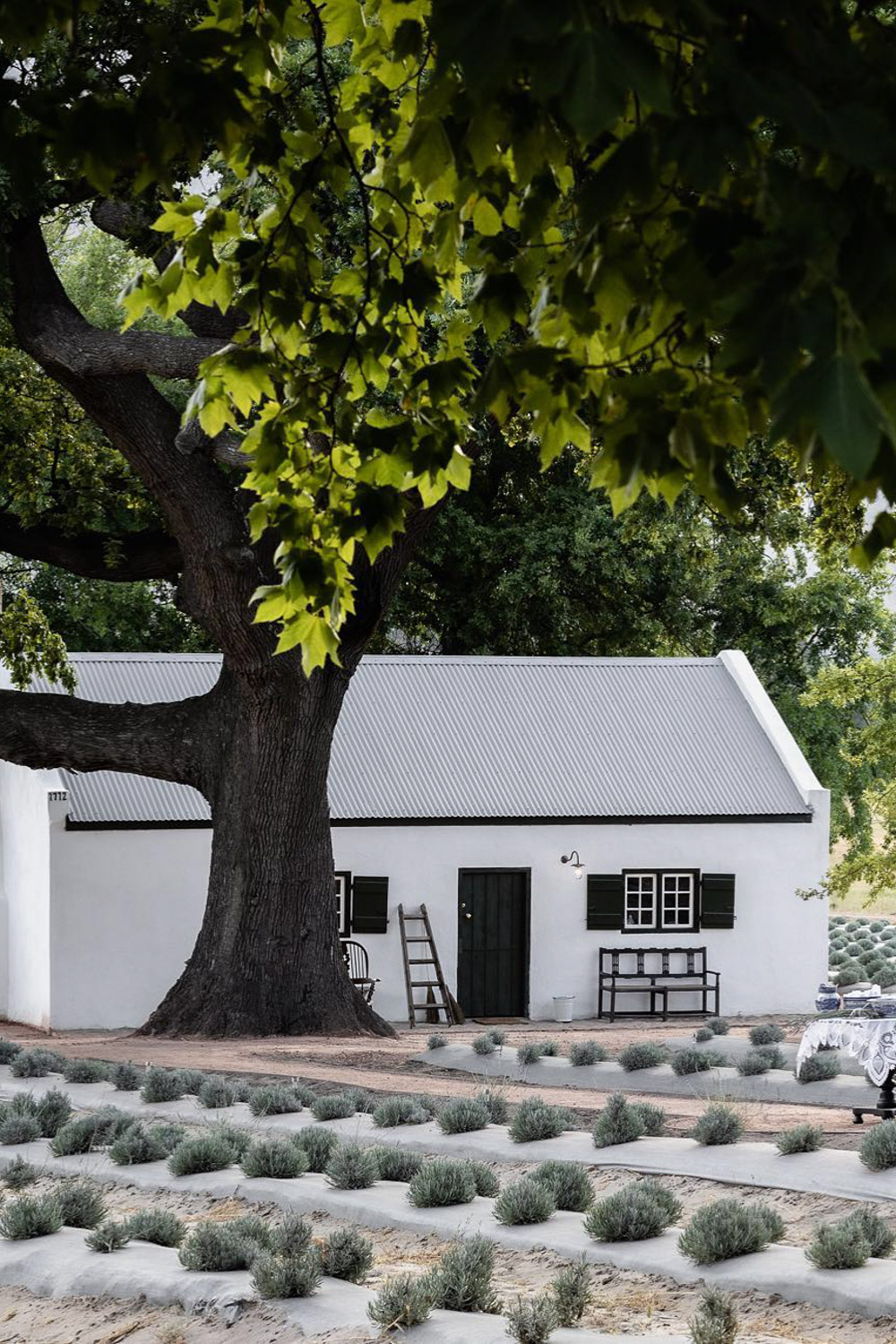
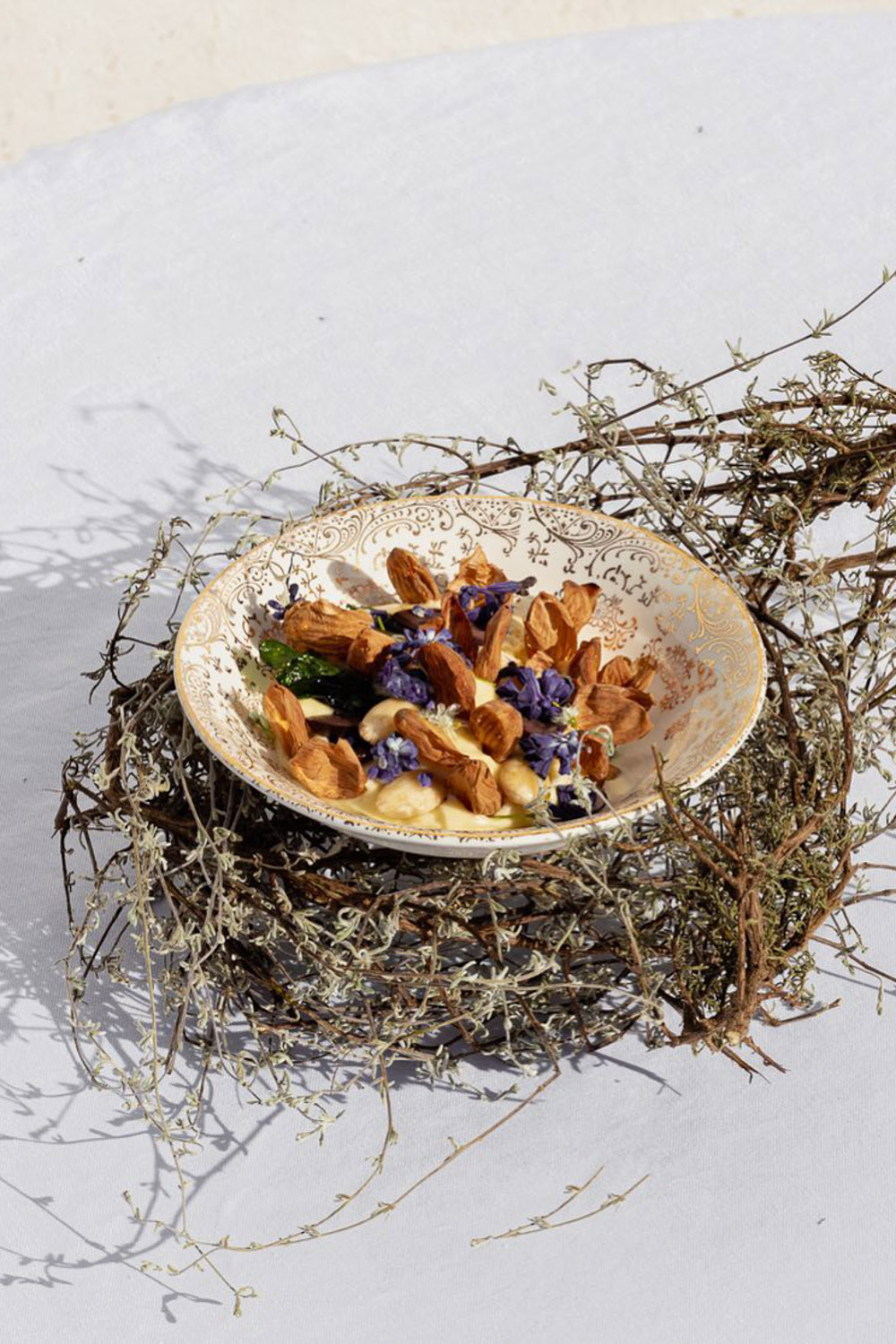
12.00
A last lunch soaked in Franschhoek’s essence
Michelin-starred Chef Jan Hendrik van der Westhuizen returns to La Motte Wine Estate with Jan Franschhoek, housed in a 19th-century Veepos farmhouse amid lavender fields. The seasonal tasting menu is inspired by traditional South African dishes, with a fine-dining touch. Expect unexpected combinations – like biltong-dusted scones or rooibos-cured trout – but everything still tastes like home. It’s refined, but rooted. There’s a strong storytelling element to the meal, too – each course is presented with context. This is a fitting last meal for your time in Franschhoek – a reminder that food here isn’t just about flavour. It’s about history, craft and the land that grows it.
Jan Franschhoek
La Motte Wine Farm
R45
Franschhoek
South Africa
Photography courtesy of Jan Franschhoek
Share this
Stay in the know
Sign up for the latest hotspot news from Southern Africa.
